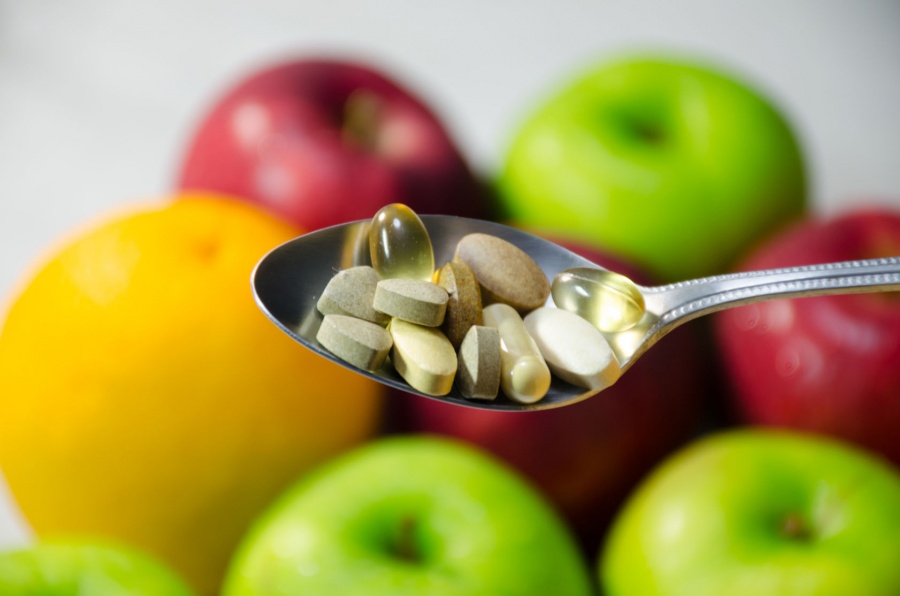Nutritional supplements are substances that supply enough amounts of vital nutrients required for human bodies to function properly. They consist of minerals, proteins, vitamins, and other ingredients. These supplements come in the form of capsules, powders, pills, gel capsules, or tablets. The benefits associated with a nutritional supplement help to maintain cardiovascular health, reduce aging signs, and improves the immune system.
The rise in prevalence of cardiovascular diseases leading to a reduction in nutritional value is majorly spurring the growth of the global nutritional supplements market. The sudden emergence of the COVID-19 has triggered human lives to maintain a good immune system. Thus, consumers are looking for nutritional supplements to improve health. As a preventative measure for COVID-19, significant rise in the demand for immunity-boosting supplements is witnessed which is expected to fuel the market growth. Nutrition supplements can also replace prescription medications, along with reducing severe deterioration among the elderly population.
Thus, there is a surge in the demand for nutritional supplements. Additionally, demand for nutritional supplements is sky-rocketing among health-conscious consumers as it is rich in vitamins and minerals. All such factors along with a growing demand for sport nutritional products from young athletes are fueling the growth of the market. On the other hand, the high cost of nutritional supplements is expected to restrain the growth of the market. Furthermore, the emergence of e-commerce and rising online channels providing easy accessibility to nutritional supplement products is expected to propel the demand for the market in the forecast period.
The global nutritional supplements market is divided based on ingredients, product type, form, distribution channel, and region. Based on the ingredient, the global market is split into vitamin, protein, fatty acids, botanicals, minerals, and others. The product type segment consists of capsule, powder, tablet, liquid, and others. Nutritional supplements have product types such as dietary supplements, sports supplements, and others. Hypermarkets & supermarkets, pharmacy stores, online channels, and others are the distribution channels of the nutritional supplements market.
Asia Pacific region is predicted to dominate the global nutritional supplements market during the forecast period. Factors such as an increase in consumer healthcare awareness related to health & fitness, growing expenditure on nutritional healthcare products, and growing purchasing power of consumers are driving the growth of this market in this region. China and India are the front-runners in the adoption of nutritional supplements due to the presence of leading players in this region. North America holds the second position in the market and is anticipated to account for a significant share over the forecast period. This is attributed to the increasing disposable income of consumers and increasing willingness to spend more on nutrition in the region.
Major players are adopting organic and inorganic strategies such as new product launch, mergers & acquisitions, and collaborations. For instance, Pfizer Inc. has acquired a women’s healthcare nutritional brand Treerly Health Co., a subsidiary of Sirio Pharma in June 2016. This acquisition will enhance the portfolio of products.
